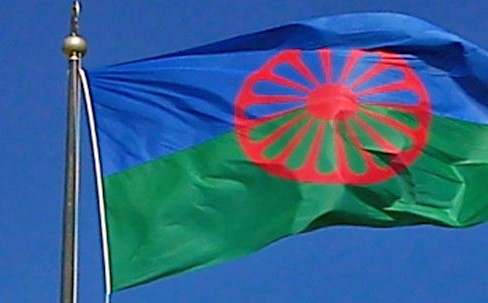International Roma Day is observed on April 8th, commemorating the first World Romani Congress held in London in 1971. This day is dedicated to Romani culture, history, and traditions, but it also serves as an important opportunity to highlight the challenges that Roma continue to face in their everyday lives.
In the recently presented 2024 Annual Report, the Ombudswoman again underscored the particularly disadvantaged position of the Roma. Despite a legal framework that guarantees the rights of all citizens, including the minority rights of national minorities such as the Roma, the actual situation on the ground unfortunately often fails to reflect these legal guarantees.
Many Roma live in conditions of extreme poverty and struggle to break free from the cycle of intergenerational deprivation. At the same time, they face ethnic discrimination. As a result, the position of Roma in Croatia remains marked by discrimination, including structural discrimination and intersectional discrimination, based on both ethnicity and socioeconomic status, as well as other grounds covered by the Anti-Discrimination Act.
According to research conducted by the Office of the Ombudswoman, the largest number of respondents—more than one-fifth—consider the Roma to be the most discriminated social group in Croatia. Roma are frequently subjected to hate speech that perpetuates stereotypes and intolerance, particularly on social media, where individual unlawful behaviour is often generalised and attributed to the entire Roma community.
A significant barrier to the successful inclusion of Roma in Croatian society remains the segregation of Roma children in primary education, an issue the Ombudswoman has been warning about for years. Unfortunately, the problem persists. Data from the Ministry of Science, Education and Youth show that there were 80 segregated classes in the 2022/2023 school year, and 85 in the current school year. As primary education is critical for further educational attainment and for inclusion in social, economic, and political life—areas in which Roma are significantly underrepresented—the Ombudswoman has repeatedly called on the Government of the Republic of Croatia to urgently implement comprehensive measures to eliminate segregated classes. These measures include conducting an analysis and drafting a Desegregation Action Plan, which has yet to be completed.
The need for additional measures to address segregation in education and housing, as well as to combat hate speech and hate crimes against Roma, was also highlighted by the UN Human Rights Committee in its Fourth Periodic Report on Croatia, issued in September 2024.
All of this clearly indicates that, despite a robust legal framework that guarantees the right to equality, the practical realisation of this right for Roma in Croatia remains neither easily nor swiftly attainable. While a broad legal guarantee of rights is essential, true equality can only be achieved through effective implementation.
Fostering understanding, promoting dialogue, and dismantling stereotypes and prejudices are crucial for the adequate enforcement of existing policies and legal provisions, as well as for the development of future ones aimed at the successful social inclusion of Roma and the effective protection of their human rights.
Further information on the state of human rights and equality of Roma in Croatia is available in the 2024 Annual Report of the Ombudswoman.





